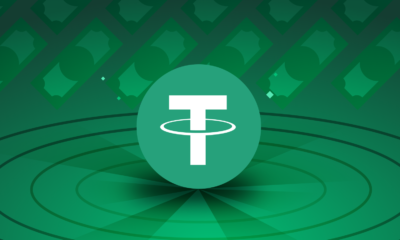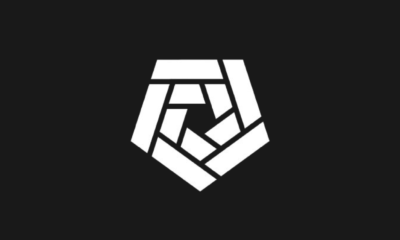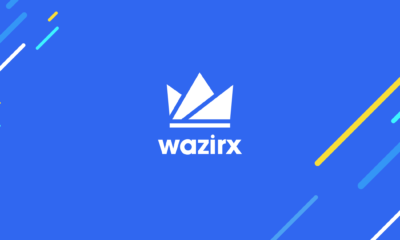Business
South Korea joins global crackdown on Telegram
-

 Business4 days ago
Business4 days agoHamster Kombat loses 86% of users as Paws Mini App soars on Telegram
-

 Business4 days ago
Business4 days agoMeta opens Llama AI model up to US military
-

 Business4 days ago
Business4 days agoBinance, CZ file motion to dismiss SEC’s amended complaint
-

 Business3 days ago
Business3 days agoBlackRock’s Bitcoin ETF sees 6th ever outflow on US election day
-

 Business3 days ago
Business3 days agoCoinbase exec urges SEC reform after Trump’s election win
-

 Business3 days ago
Business3 days agoNvidia overtakes Apple again as world’s most valuable company
-

 Business3 days ago
Business3 days agoOpenSea promises comeback with new, improved platform
-

 Business3 days ago
Business3 days agoPro-crypto candidates win election races across America






























